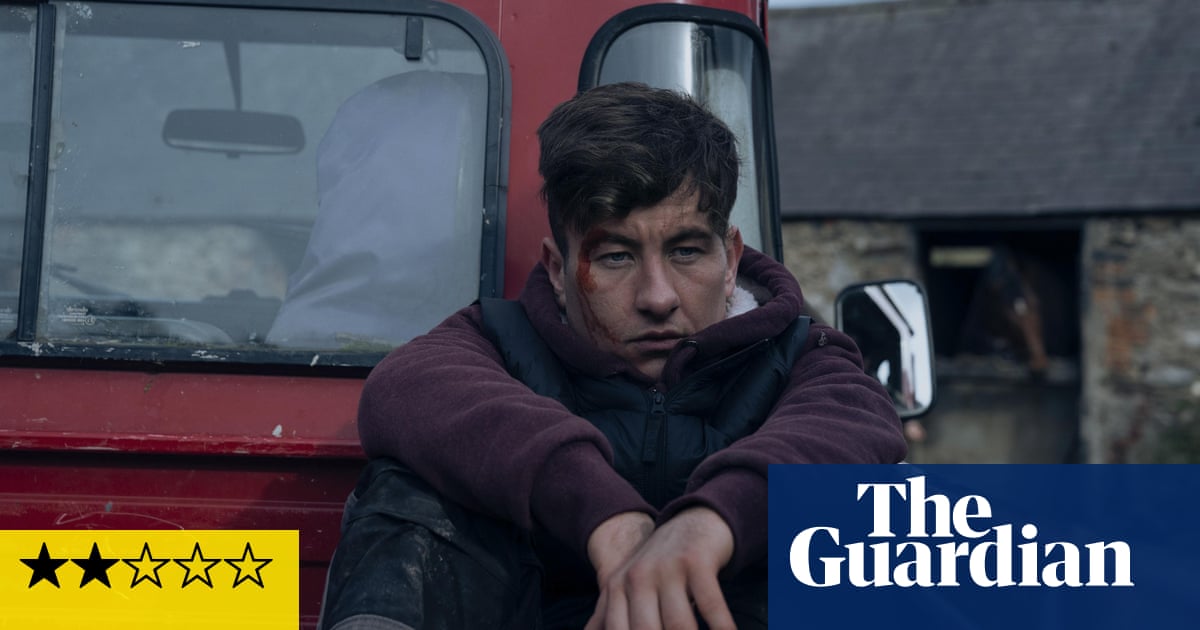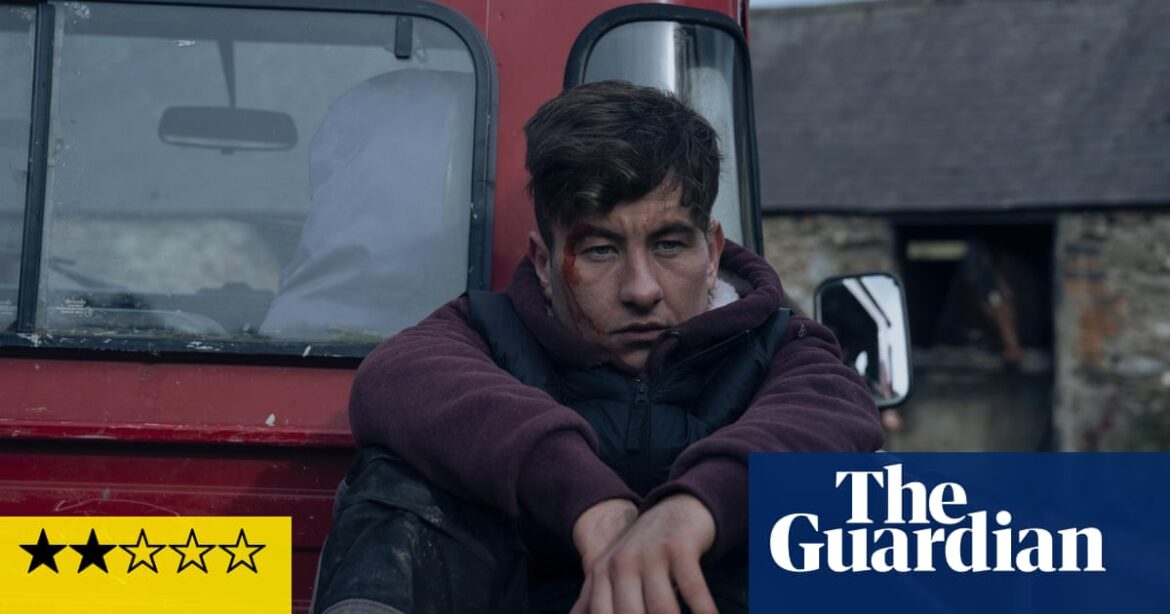
A tang of bad blood rises from this flawed revenge-feud drama set in the rural west of Ireland from first-time feature director Christopher Andrews, in which the audience might be shocked by male violence but are at the same time required to sympathise with the male characters’ inner wounded sensitivity. It’s strongly and fervently acted, but for me finally let down by a bizarre and almost farcical flourish of Peckinpah-esque violent horror, which undermines the accessible emotional reality of what has been happening, and which doesn’t quite do justice to the sustained effort required for a specific act of grotesque butchery.
The title refers at one level to a decision to bring livestock down from the grazing hillside to the fields, but also implies a terrible, willed catastrophe. Christopher Abbott plays sheep-farmer Michael, who has perhaps inherited a temper and capacity for violence from his curmudgeonly old dad Ray (Colm Meaney); the older man once abused and terrified Michael’s late mother Peggy (Susan Lynch), a situation which created a terrible calamity indirectly shown in the movie’s prologue sequence. Nowadays, Michael’s ex-girlfriend Caroline (Nora-Jane Noone) is married to neighbouring farmer Gary (Paul Ready) and they have a son, Jack (Barry Keoghan). Gary hates Ray and Michael, partly because he suspects Caroline still has feelings for Michael, and also because they are refusing to sell him a strip of their land that he needs for a holiday-home development for which he has rashly taken out loans. So Gary steals (or “rustles”) a couple of their rams that have strayed on to his land, partly out of spite, partly to sell for much-needed cash.
And so the ugly, escalating contest commences, and the film shows us another, larger territorial implication: Michael and Ray speak Irish and Gary only English – and Andrews gives us a narrative rewind to give us the effects from Gary and Jack’s points of view. Certainly, the film shows us the poisonous machismo of what’s happening and stolen rams certainly work as metaphor for toxic masculinity. Yet in plot terms there is something unsubtle, unconvincing and even absurd in where it’s all heading.
Source: theguardian.com



